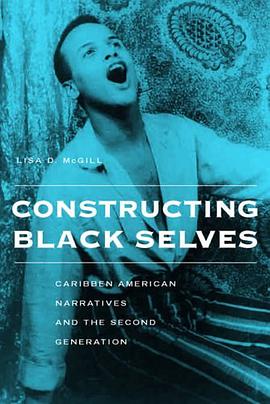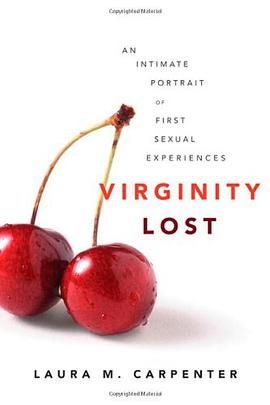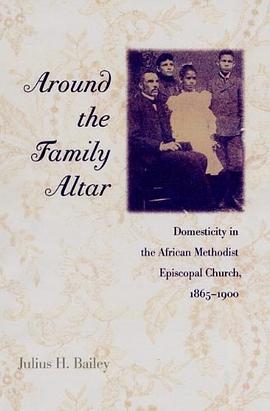

具体描述
In 1965, the Hart-Cellar immigration Reform Act ushered in a huge wave of immigrants from across the Caribbean - Jamaicans, Cubans, Haitians, and Dominicans, among others. How have these immigrants and their children negotiated languages of race and ethnicity in American social and cultural politics? As black immigrants, to which America do they assimilate? "Constructing Black Selves" explores the cultural production of second-generation Caribbean immigrants in the United States after World War II as a prism for understanding the formation of Caribbean American identity. Lisa D. McGill pays particular attention to music, literature, and film, centering her study around the figures of singer-actor Harry Belafonte, writers Paule Marshall, Audre Lorde, and Piri Thomas, and meringue-hip-hop group Proyecto Uno. Illuminating the ways in which Caribbean identity has been transformed by mass migration to urban landscapes, as well as the dynamic and sometimes conflicted relationship between Caribbean American and African American cultural politics, "Constructing Black Selves" is an important contribution to studies of twentieth century U.S. immigration, African American and Afro-Caribbean history and literature, and theories of ethnicity and race.
作者简介
目录信息
读后感
评分
评分
评分
评分
用户评价
相关图书
本站所有内容均为互联网搜索引擎提供的公开搜索信息,本站不存储任何数据与内容,任何内容与数据均与本站无关,如有需要请联系相关搜索引擎包括但不限于百度,google,bing,sogou 等
© 2026 book.quotespace.org All Rights Reserved. 小美书屋 版权所有




















